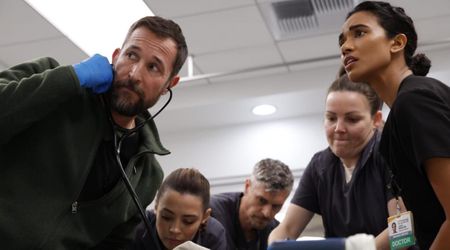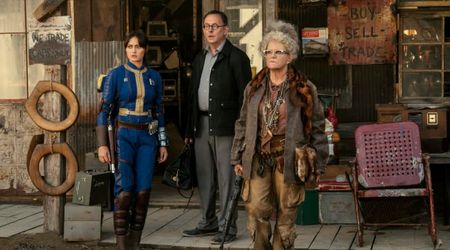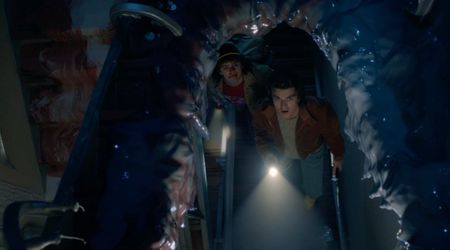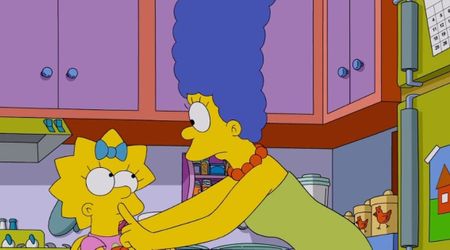'Equal' docuseries review: HBO Max show is stark reminder that police brutality has always been part of the system

'Equal' is the latest offering from HBO Max. The four-part docuseries focuses on the history of the LGBTQ+ movement, specifically, the people who are generally pushed to the sidelines of history and not often remembered.
As far as television programs go, 'Equal' is one of the more comprehensive accounts of the movement's history, covering not just the famous Stonewall Riots, but also the movements that preceded it as well as the people who came before America started to see a revolution for the community.
The first episode focuses on the creation of some of America's first gay rights groups — especially the Mattachine Society (founded by Harry Hay in 1955) and the Daughters of Bilitus (founded by Del Martin, Phyllis Lyon and three other lesbian couples in 1955). Both groups tried to destigmatize being gay or lesbian — at that time in society, being queer was seen as being mentally sick or as a form of persuasion. The people involved in these groups would regularly work on advocating for rights for their communities.
The second episode focuses on the trans people who were often harassed and forgotten by history for being who they were. We meet Jack Starr, Lucy Hicks Anderson and Christine Jorgensen. Jorgensen was known as the first trans celebrity, being widely known after she received her sex reassignment surgery. Though she was less judged than either Starr or Anderson — who had to both go into obscured lives to avoid persecution — Jorgensen was often portrayed as a freak of nature and it took her 15 years to be accepted as a human being.
However, the most startling event in the second episode is that of the Compton's Cafeteria Riots, which broke out in August 1966, when trans people in San Francisco rioted against regular police harassment. The event broke out when a trans woman threw coffee at the officer who was trying to arrest her.

In the third episode, we meet Lorraine Hansberry (celebrated playwright known for 'Raisin' in the Sun') and gay civil rights leader Bayard Rustin. Both Rustin and Hansberry were targeted by law enforcement for their sexuality with the FBI keeping regular tabs on Hansberry. Rustin was arrested in 1953 on “lewd conduct” and “vagrancy” charges, allegedly for a sexual act involving two white men in an automobile.
The fourth episode dives into a different side of the history of the Stonewall Riots. Like the Compton's Cafeteria Riots, the Stonewall Riots broke out largely due to police brutality and harassment against the LGBTQ+ community. For the first time in the history of the country, various queer communities came together to fight for equality.
If there is anything that stands out in 'Equal', it is the stark reminder that police brutality has always been a part of the system. People of the queer community had always been hounded by the police in the 20th century as we learn in 'Equal'. Whoever was perceived to be different would be constantly harassed by a system that was designed against them.
As Black Lives Matter protestors continue to oppose police brutality, it is clear that America (and the world) probably needs more than just the reformation of the police system. The series is an engaging look into the LGBTQ+ history and 'Pose' actor and Emmy award-winner Billy Porter does an excellent job narrating the four episodes. Porter's narration is, in fact, a call to action for the community to keep fighting for their rights.
'Equal' is available to stream on HBO Max from October 22.










